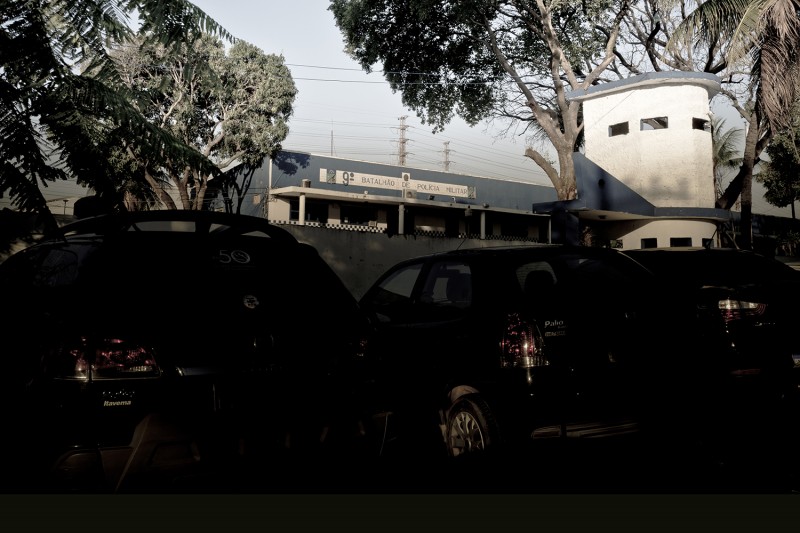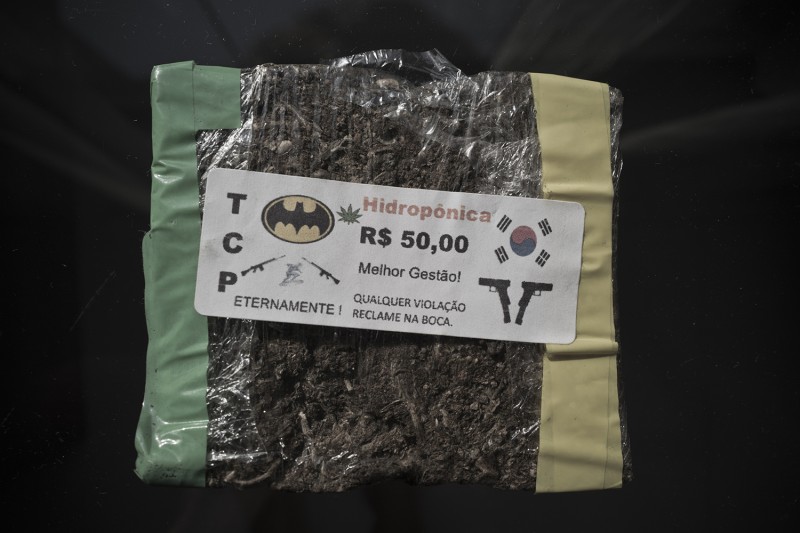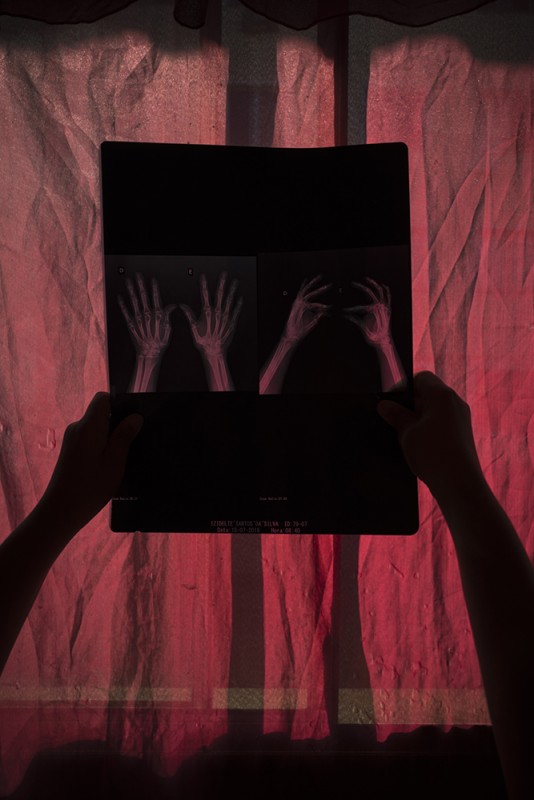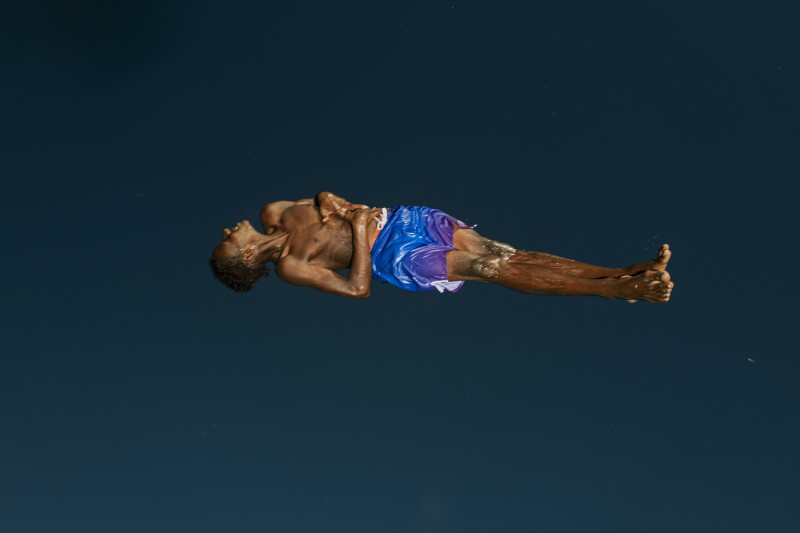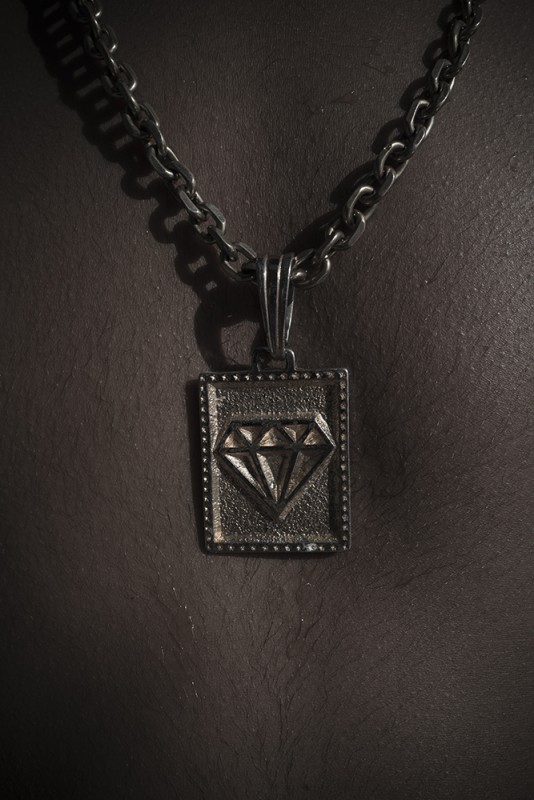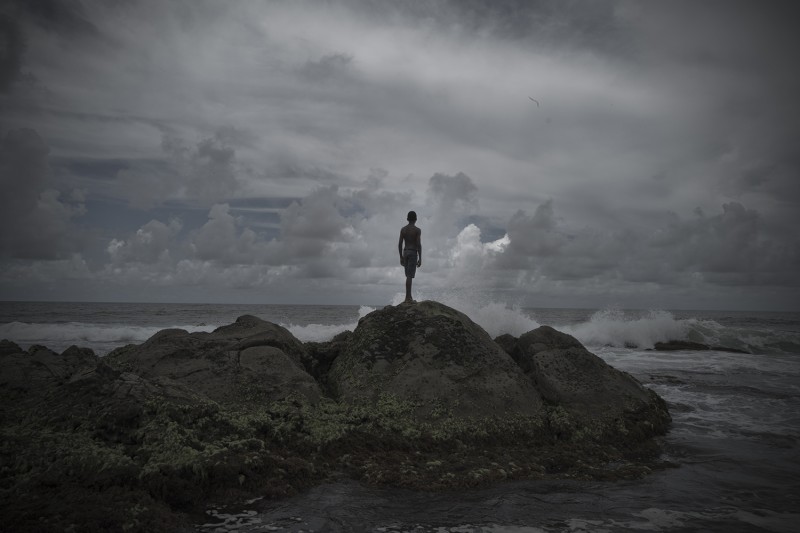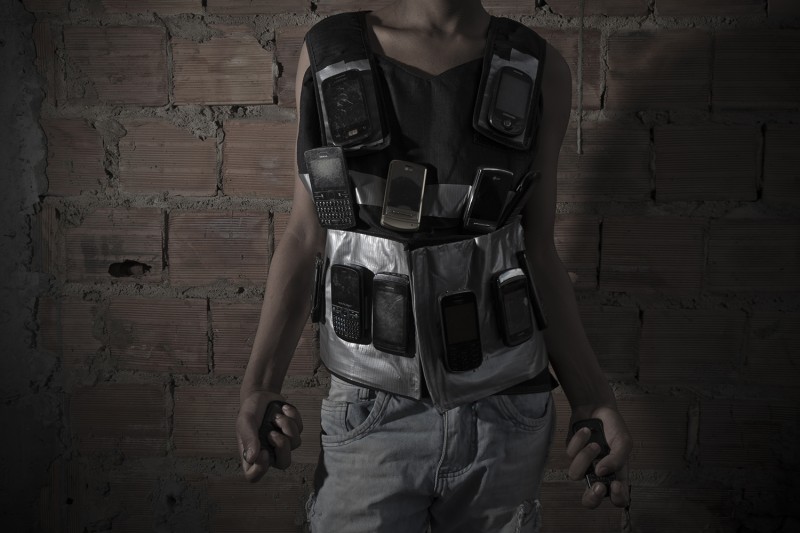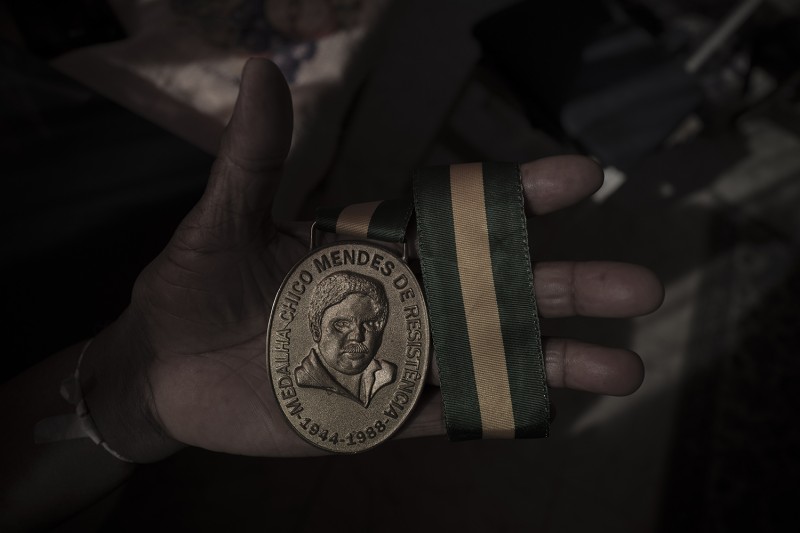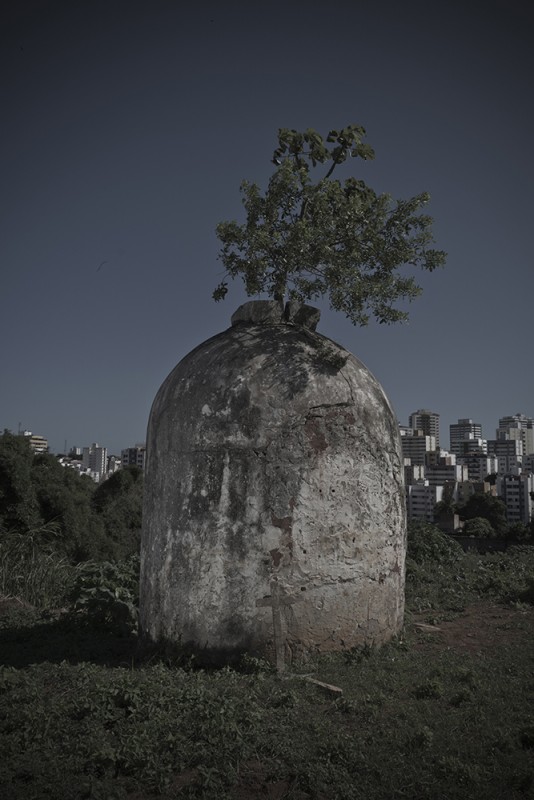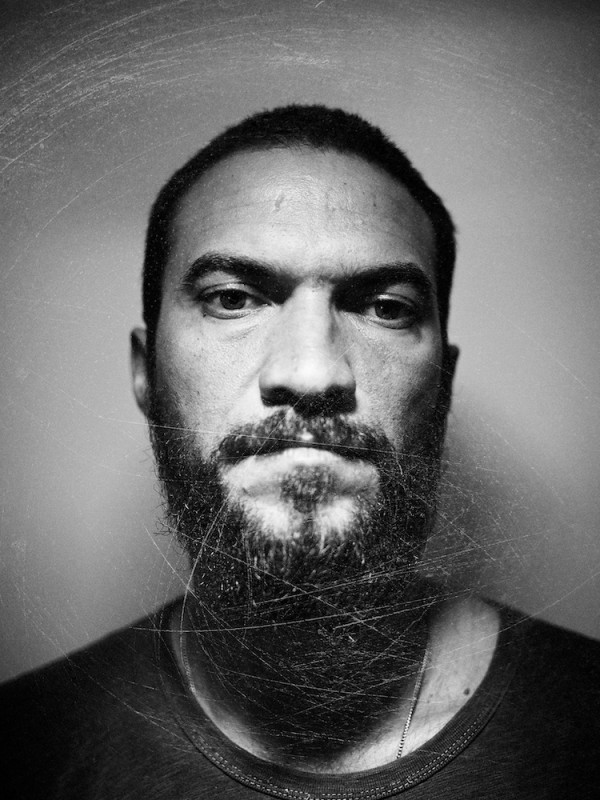Gone Missing
Gone Missing
Bruno Morais
August 19, 2021
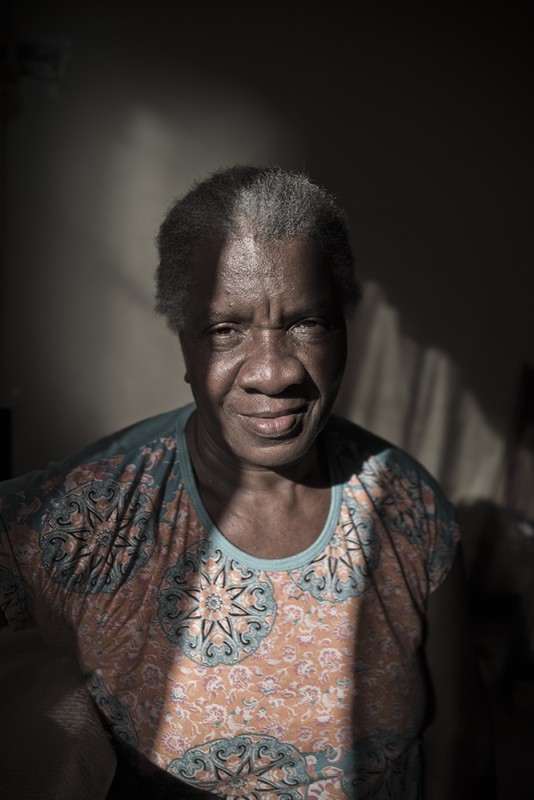
LFI: What role does photography play in your life?
Bruno Morais: From the beginning, photography represented a mechanism by which I could alter my perception of the reality around me. It taught me to see the world around me with new eyes, and it continues to give me the experience of influencing reality as a privileged spectator.
Please explain how your photographic project about missing people in Brazil came about.
I grew up and lived most of my life in the favelas of Rio de Janeiro. Police violence has always been present in my daily life. During the mega-events in the city of Rio de Janeiro (World Cup and Olympics), the state government's public security policy was based on new violence strategies, resulting in a considerable increase in the rate of disappearances in the city. Alarmed by this data, I went to the Human Rights Secretariat of the Legislative Assembly and it was there that I met Marielle Franco, at the time advisor to the federal deputy Marcelo Freixo. Marielle was the one who gave me the fundamental information to start the project, introducing me to researchers and also relatives of the missing.
From a photographic point of view, what was your approach?
Disappearances involve many concrete and subjective layers. I was aware that some aspects would be better represented if I approached them fictionally, while others had the necessary documentary density to contextualize violence as a political resource of the Brazilian State. What I do in most of the project is to mix documentary and fictional languages, so that the narrative gains in complexity and depth.
What impact do you expect your project to have?
I hope to contribute with a photographic reflection that has scope both as a historical document and as an author's work. I want to join many other voices that every day denounce structural racism and violence in the Brazilian State.
You are active in promoting photography as a pedagogic tool and agent of change. Could you elaborate on that? What do you think photography can achieve for society?
I believe fundamentally in education for the formation of critical readers regarding the images that surround us. We live in a society where everything is condensed in images, but, despite that, most people do not have an active relationship with them; most of the time this relationship is one of passivity and even submission. So, if we want a fairer society, we need to think about the role we play as educators. Image-producing devices are disseminated everywhere; what we need is to use them to our advantage.
Bruno Morais+-
Bruno Morais (born 1975 in Rio de Janeiro) is a Brazilian photographer who graduated from the School of Popular Photographers of Maré, in Rio de Janeiro. His work explores the potential of photography in telling multi-layered stories that present reality as a starting point for debate rather than an absolute truth. With a combination of fictional and documentary practices, his visual research aims at reflecting the complexity of the contemporary issues of the global South, from an expanded perspective that avoids exoticism and superficial dramatics. More

